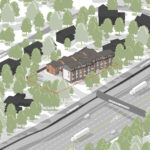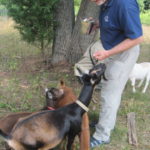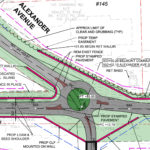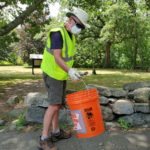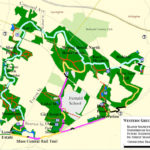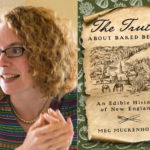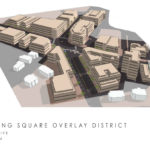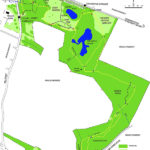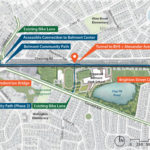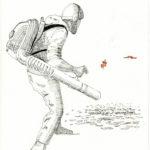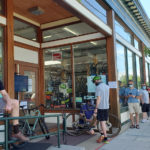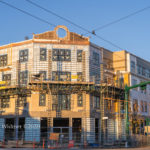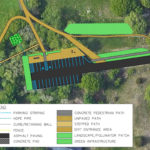
The beauty of Massachusetts Audubon sanctuaries is how deeply rooted they are in their individual communities. Habitat is no exception. Belmont citizens have helped shape Habitat’s programming and gardens and seek solace in its wooded paths and intimate landscape. Renata Pomponi, who is now managing Habitat, understands how special Habitat is, for the natural habitat it protects and the community that considers it their own. It is a true sanctuary within Boston’s metropolitan area. I spoke with Pomponi briefly last month, and she explained how her role came to be. * * * With COVID-19 and the cancelation of programs [READ MORE]


